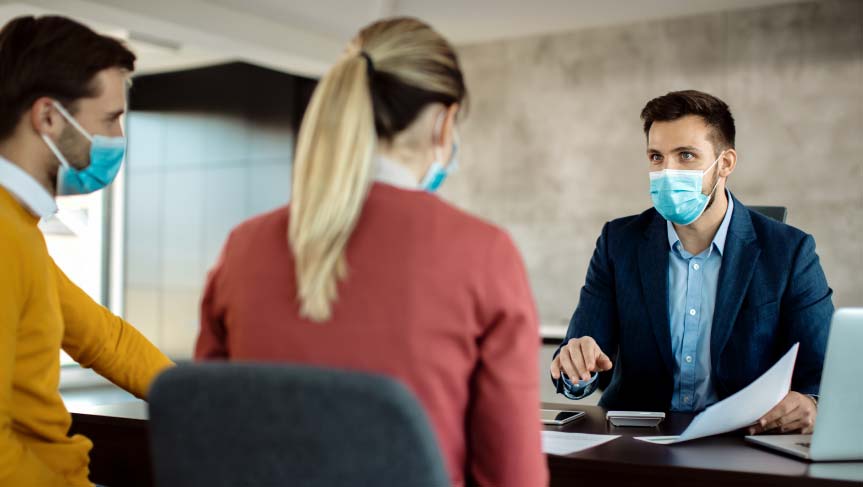Many people travel abroad for medical care due to lower costs of treatments. As many as 750,000 US residents travel abroad for medical care each year and a large number of medical tourists are immigrants in US returning to their home country for care. Most common medical treatment people undergo on medical tourism trips include cosmetic surgery, dentistry, and heart surgery.
Most common medical treatment people undergo on medical tourism trips include cosmetic surgery, dentistry, and heart surgery.
Risks of Medical Tourism
- Risk depends on the kind of country one is going to visit as medication may not be genuine or treatment may be of substandard quality.
- Communication barriers. Receiving care at a facility where local language is unaware increases the chances of misunderstandings due to misinterpretations.
- Doctors may reuse needles or have other unsafe injection practices that can transmit diseases such as hepatitis and HIV.
- Medicines particularly antibiotics differs in many countries.
- If the blood been not been screened, it puts patients at risk of HIV and other infections..
- See a travel medical practitioner at least 4–6 weeks before the trip to discuss general information about healthy travel and specific risks
- Check for the qualifications of the health care providers.
- Make sure to have a written agreement with the health care facility or the group arranging the trip, defining what treatments, supplies, and care are covered by the costs of the trip.
- Consult a lawyer to determine legal actions that needs to be taken if anything goes wrong with the procedure.
- Hire a translator if needed.
- Keep all the copies of medical record, prescriptions and allergies details along with their brand names, and their dosage.
- Get copies of all your medical records before you return home.
What Can be done
- See a travel medical practitioner at least 4–6 weeks before the trip to discuss general information about healthy travel and specific risks
- Check for the qualifications of the health care providers.
- Make sure to have a written agreement with the health care facility or the group arranging the trip, defining what treatments, supplies, and care are covered by the costs of the trip.
- Consult a lawyer to determine legal actions that needs to be taken if anything goes wrong with the procedure.
- Hire a translator if needed.
- Keep all the copies of medical record, prescriptions and allergies details along with their brand names, and their dosage.
- Get copies of all your medical records before you return home.
easyIME likes to share information of US immigration, USCIS and Immigration News and it is first of its kind to cater for Immigration community to US. easyIME has stretched its hands in field Immigration Medical Exam by making easy for the Immigrant




